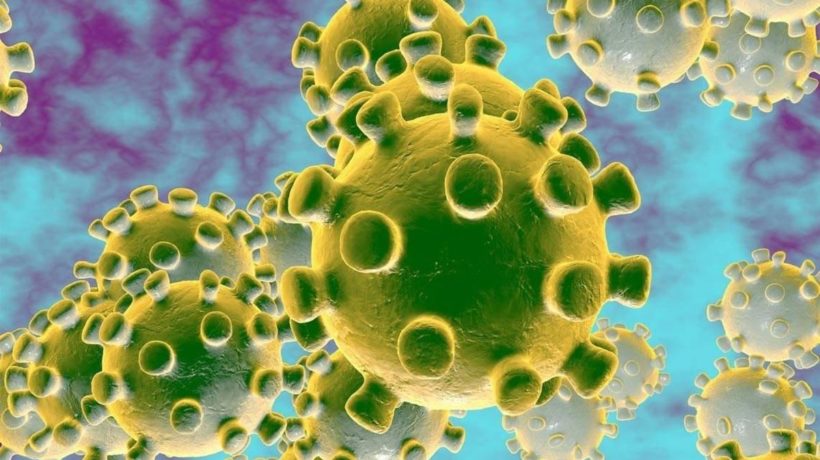Around the world there are major attempts at developing a solution to bring an end to the devastating health impacts of COVID-19.
According to MIT research, medical scientists have developed a possible treatment for Covid-19. The team of MIT chemists have designed a drug candidate that they believe may block the coronaviruses’ ability to enter human cells. The potential drug is a short protein fragment, or peptide, that mimics a protein found on the surface of human cells. The researchers have shown that their new peptide can bind to the viral protein that the coronavirus uses to enter human cells, potentially disarming it.
A few days ago, the global pharmaceutical company,Johnson & Johnson also announced that they have signed a $1 billion deal with the U.S. Department of Health and Human Services with the goal of creating more than one billion doses of a a coronavirus vaccine they currently have in the works.
The drug maker said it has identified a lead COVID-19 vaccine candidate and expects to begin Phase 1 of human testing by September 2020. And if all systems are go, the first batches of a COVID-19 vaccine could be ready for emergency use by early 2021.
This timeline indicates an extremely expedited vaccine-development process: Potential vaccines typically undergo a slew of research stages spanning five to seven years before being put up for approval, with the whole process taking up to 15 years, from start to finish. Normally, animal testing would be a key step preceding human testing. But under immense pressure stemming from the ongoing pandemic, many vaccine developers are fast-tracking the process and taking shortcuts that skip this step—such as the Cambridge, Massachusetts-based biotechnology firm Moderna, which was the first to inject a trial COVID-19 vaccine into a human subject earlier this March.
Johnson & Johnson also announced a collaboration between Janssen and Beth Israel Deaconess Medical Center on March 13, which aims to surface COVID-19 vaccine candidates using the same technology used to identify Ebola, Zika, and HIV candidates. Johnson & Johnson said it has been researching COVID-19 vaccine constructs since January, when the novel coronavirus’s genome sequence was first released to the public.







